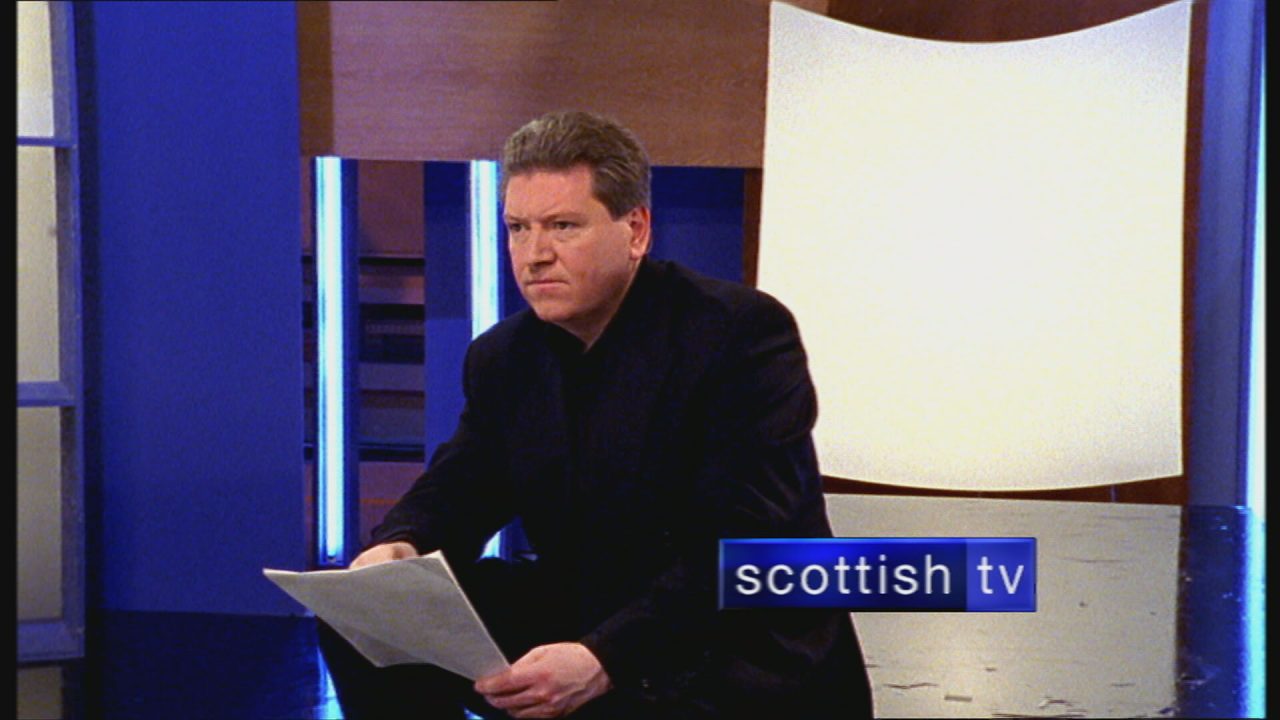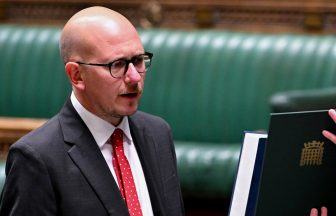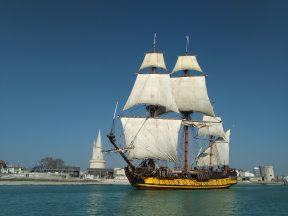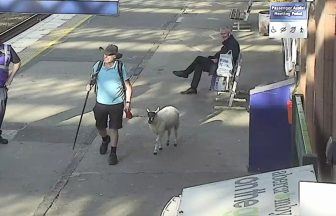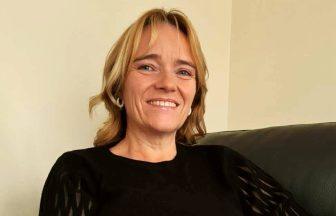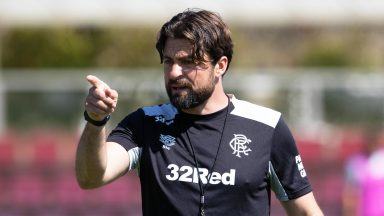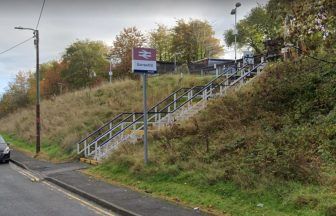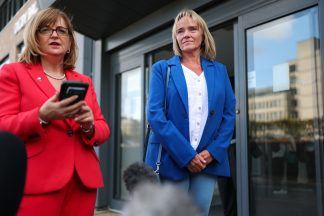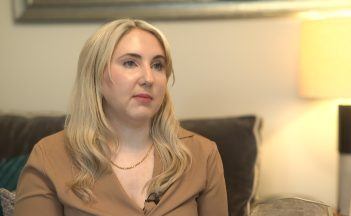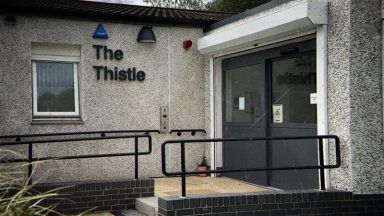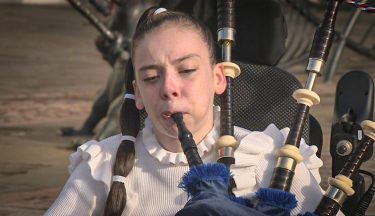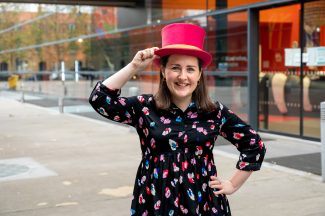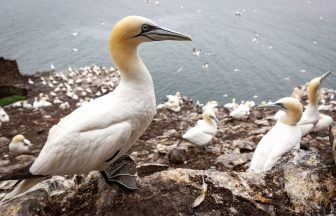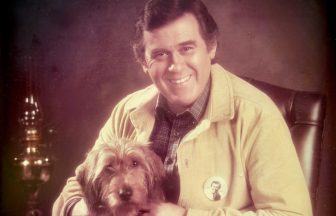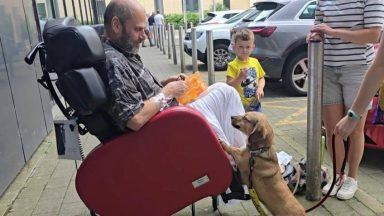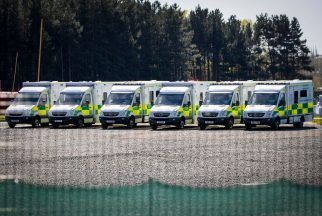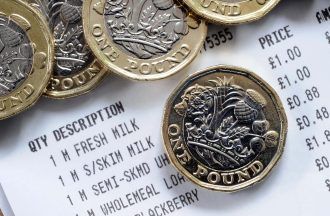So, that’s it – 34 years in broadcasting with STV is about to end. Or at least this chapter in my journalistic life.
I have covered nine Prime Ministers and all the First Ministers.
I even tried unsuccessfully to doorstep an American President, but Bill Clinton was quicker to his limousine than I was with my shouted question.
It has been a blast, most of the time.
I have had the privilege of presenting some landmark programmes and commenting on some of the great issues that helped to shape the kind of country we are today.
Scotland Debates in 1997 was a two-hour live examination of the arguments for and against a devolved parliament. It was the largest current affairs programme ever broadcast in Scotland until that point.
It effectively kickstarted and re-energised the referendum campaign after a suspension of activities following the death of Diana, Princess of Wales.
Fast forward to August 2014 and the Royal Conservatoire in Glasgow played host to Salmond-Darling: The Debate.
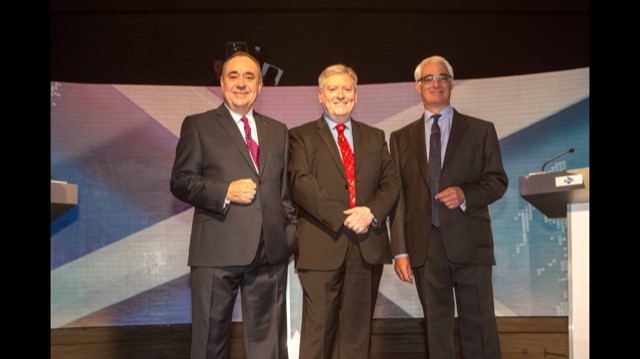 STV News
STV NewsIt attracted 900,000 viewers as the independence referendum dominated in a way that no other political story has before, or since.
Alistair Darling, playing against type, went for the jugular and won the debate with a series of well-rehearsed and devastatingly effective questions to the then First Minister, Alex Salmond.
As I took my seat to anchor the 2014 referendum results programme on September 18, the sense of history in the making was palpable even if the very first declaration in Clackmannanshire told us that this was to be a victorious night for the “No” campaign.
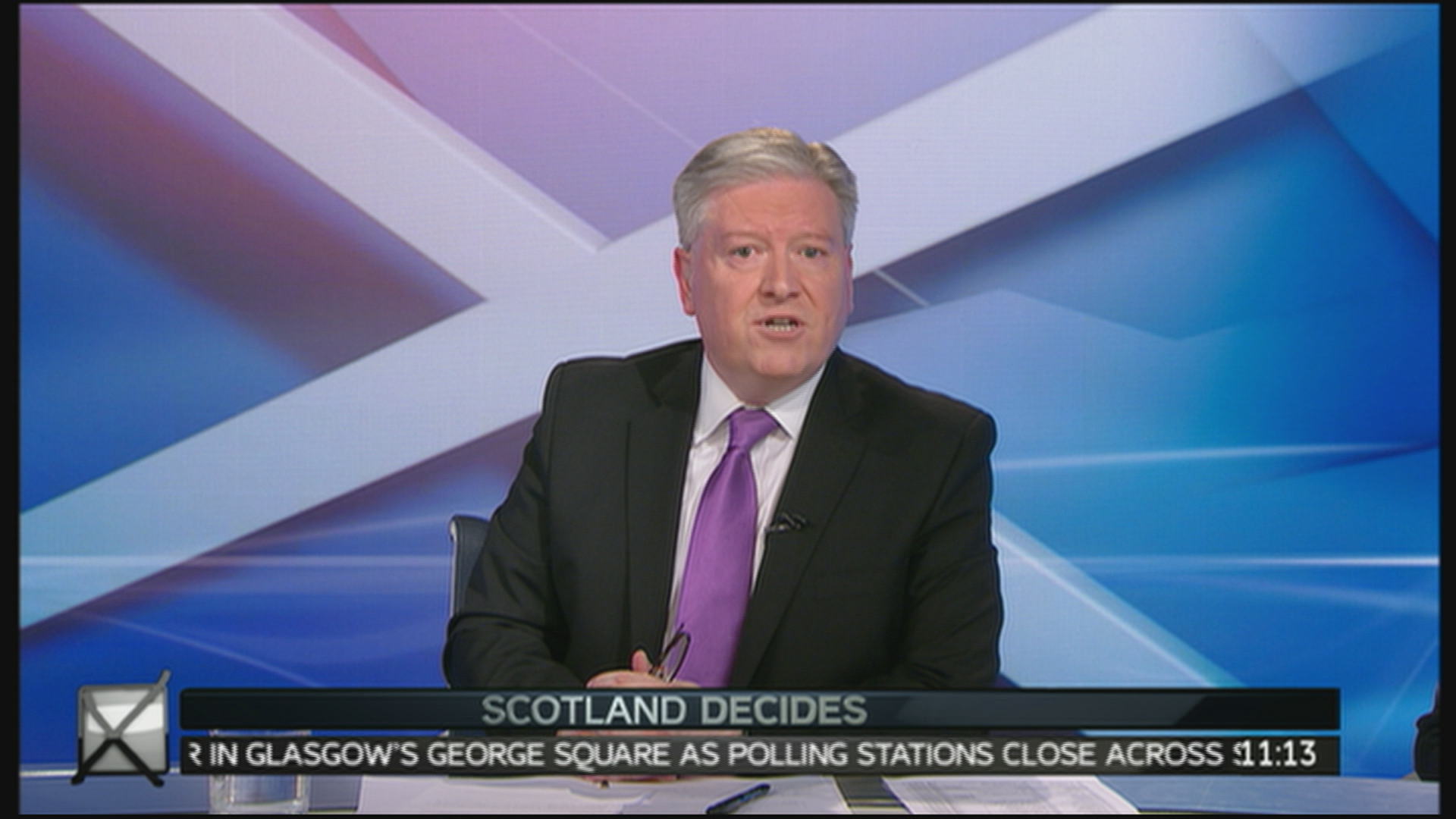 STV News
STV NewsI had first cut my presentational teeth in 1992, co-presenting Scottish Questions with the late Colin MacKay and then, with the late Donald MacCormick.
This was followed by the debate programme Trial By Night, an uproarious and fun post-watershed rammy. It gave me the opportunity to make a lifelong friend in my co-presenter, Susan Maxwell.
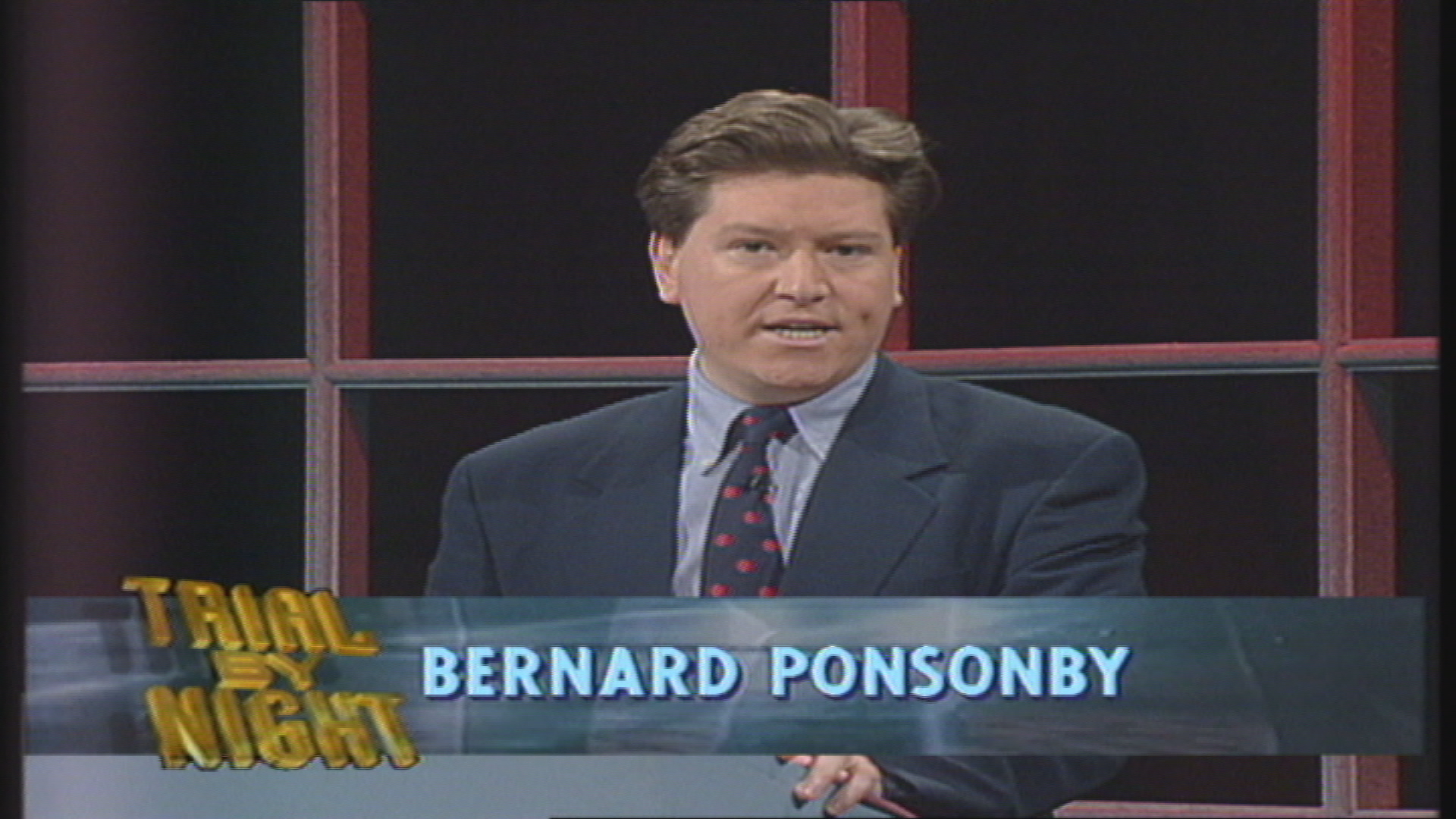 STV News
STV NewsThe security officers at Cowcaddens (where STV was then based) hated Trial By Night. The programme had to be pre-recorded for it was simply too edgy to go out live.
A largely student and youth audience were given free drinks and a £15 participation fee. A ticket for Trial By Night was a passport to a subsidised night out while getting on the telly for good measure.
For seven years I presented Platform, a political and current affairs programme that gave public figures an opportunity to air a point of view.
We would finish each episode with an interview with a prominent journalist or commentator, with an emphasis on keeping the discussion light.
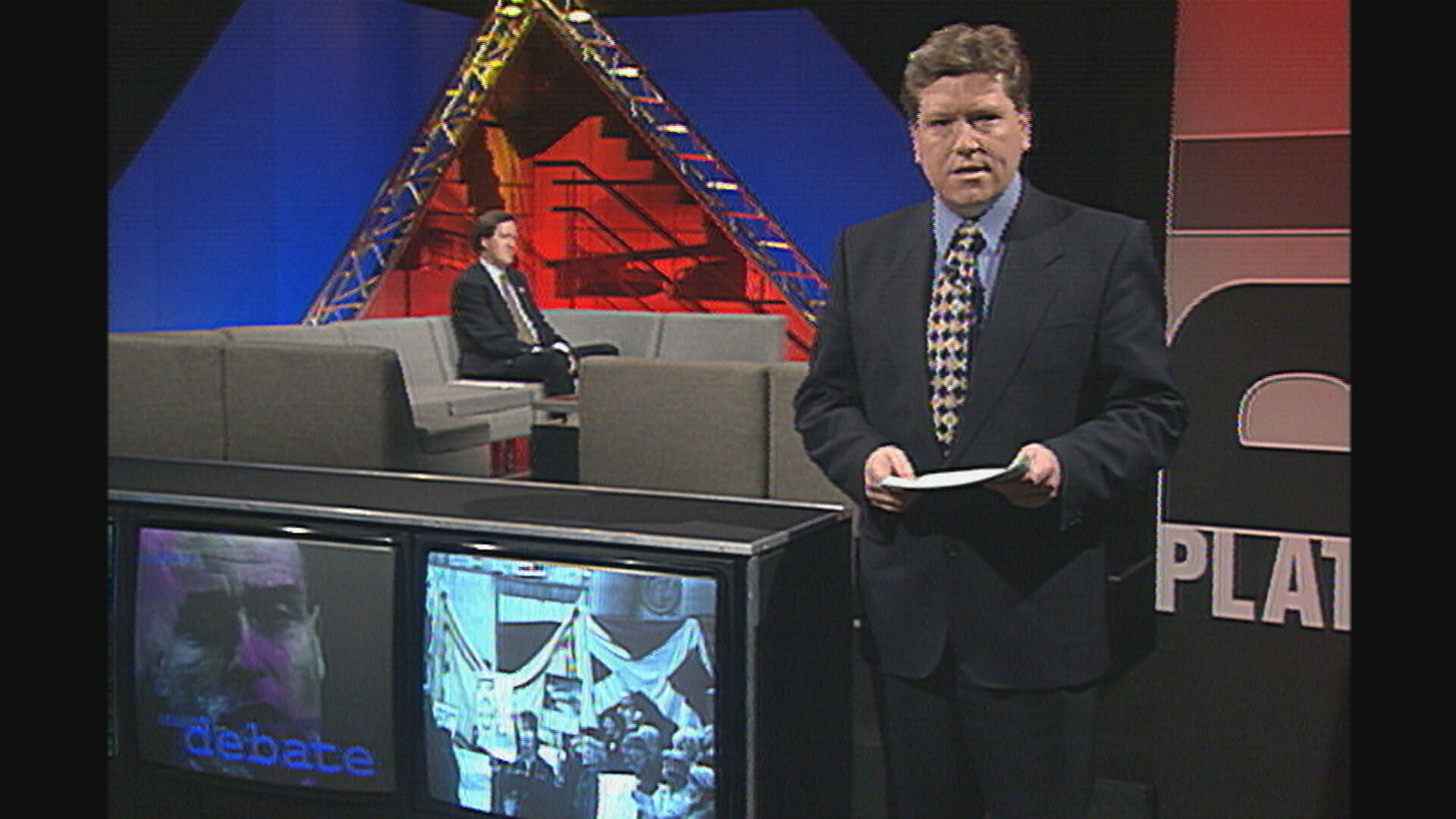 STV News
STV NewsI got the chance to exchange anecdotes with a journalistic hero of mine, the late Anthony Howard.
The venues for party conferences provided the subject for one such discussion. I told Howard: ‘Tom Driberg hated the Imperial Hotel in Blackpool as they put HP sauce out for breakfast’. Howard replied ‘Ah yes. Frightful snob was old Tom, among other things’.
Owen Dudley Edwards gave me my worst time as a presenter. I wrote to thank him for taking me apart, telling him that in future I would always do my homework and never again try and busk a half-hour discussion.
I overstepped the mark on a few occasions, with several interruptions too many. That was certainly true of an election interview with the late David McLetchie and in retrospect I was way too aggressive with Henry McLeish when I was interviewing him from Washington during the foot and mouth crisis.
I had several tough exchanges with Henry, particularly over the SQA exams crisis in 2000. They were never personal and indeed in subsequent years he always remained warm whenever our paths crossed.
I interviewed his predecessor as First Minister, Donald Dewar, hundreds of times. We first met in 1981 when I was a student.
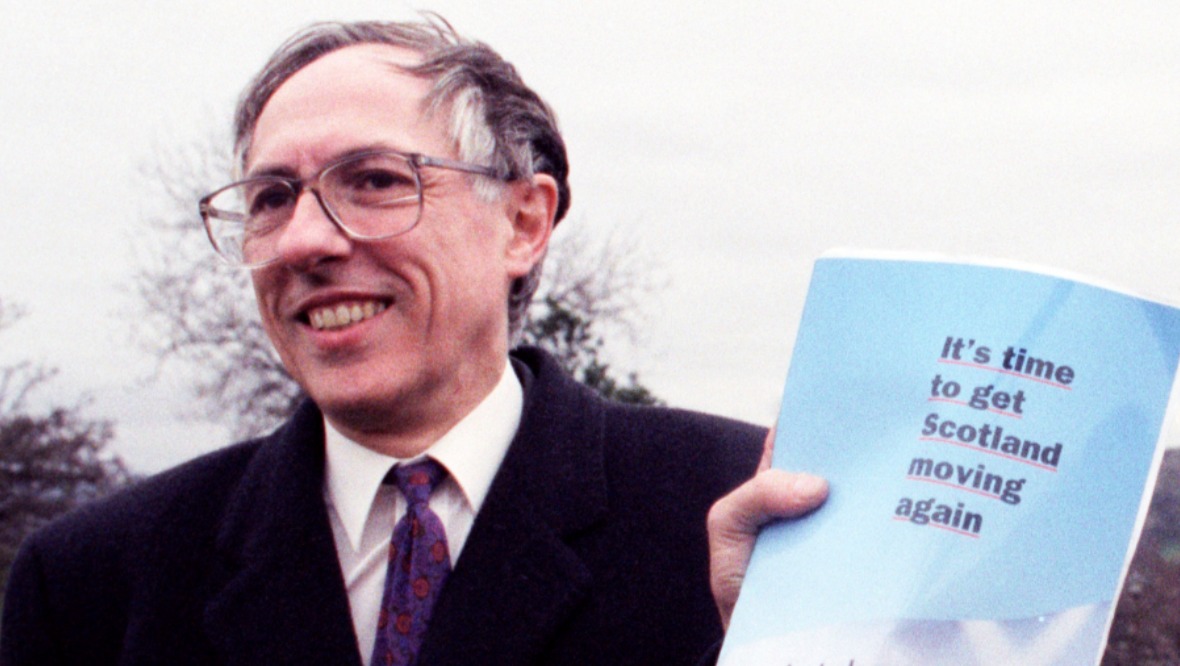 SNS Group
SNS GroupDonald had the greatest intellectual hinterland of anyone who has held the post. I admired him enormously although we didn’t get on. He found me awkward (he was right) and I found him too imperious when the mood took him.
Some viewers found a few of my interviews overly aggressive. However, I would defend most of them. On occasion, I actually think I didn’t interrupt enough to cut through the age-old technique of filibustering.
Seven Days was a programme I presented for a while, and it gave me the chance to interview people outwith politics. Folk like John Byrne, Edwin Morgan, Alisdair Gray, Jack Vettriano and Norman Foster to recall just a few.
I had a brief stint on Politics Now before it made way for Scotland Tonight, which is now in its 13th year of broadcasting.
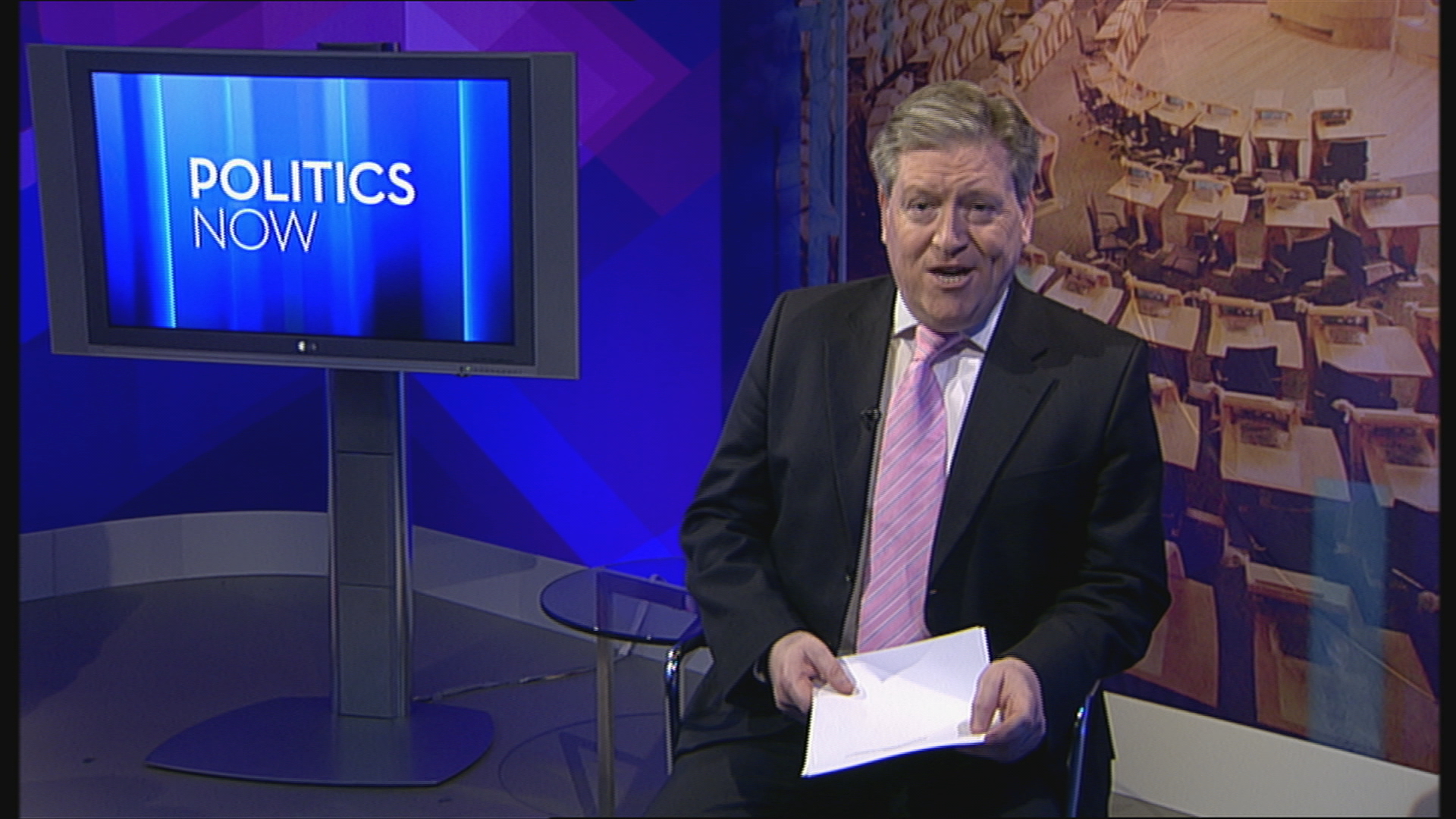 STV News
STV NewsI have also covered general news.
One of my first assignments in 1992 was interviewing the parents of missing boys in Prestwick. One day they made an appeal for their safe return, the next they were informed the lads had drowned in a quarry on a golf course.
As I broadcast live, I suddenly realised that on such occasions you need to find the right words, for the wrong ones cause hurt.
It is remarkable how reporters can flick an emotional switch that simultaneously allows them to focus on difficult facts while harnessing empathy to the reporting of tragedy.
When a helicopter went down in the Mull of Kintyre on the evening of June 2, 1994, killing the 29 security personnel on board, I managed to establish that the incident was not terrorist related.
The chief constable of Strathclyde, Leslie Sharp, took a call from me ahead of a briefing he was giving that evening. The call allowed us to get important information broadcast before anyone else.
The Scottish secretary Ian Lang was at the Glasgow Royal Concert Hall across the road from STV. We managed to get him to the studios, gave him an office to receive briefings and of course get the first broadcast interview.
On March 13, 1996, while travelling to an assignment, I was informed by a contact that at least 13 children had been murdered at Dunblane Primary School.

The scenes in newsrooms were chaotic as journalists tried to bring clarity to confusion while hopelessly searching to make sense of evil.
Documentaries require painstaking checking and double checking, with a third filter in the form of being grilled by the lawyers who legal a programme prior to broadcast.
My friend, the late Len Murray, provided that role with great skill, wise counsel and with such marvellous humour.
I didn’t make many documentaries but did help put a rogue landlord out of business, exposed incompetent lawyers and made two programmes on a miscarriage of justice case that eventually led to a murder conviction being quashed.
On one occasion I was threatened with legal action by a council leader, but it came to nothing. I correctly judged the threat was made to provide him with a degree of cover after we exposed his business dealings.
My 34-year tenure has afforded me a ringside seat as history unfolds. It has been a privilege to do a job that has broadened horizons, not least in examining closely the personalities who shape how we live our lives.
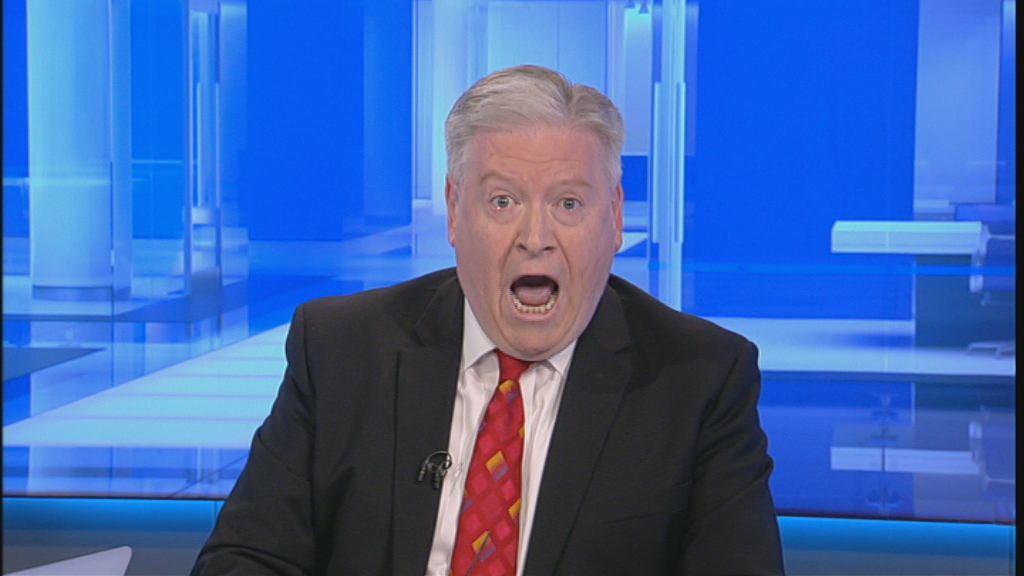 STV News
STV NewsPost STV, I will do some writing and look to publish – it will help keep the brain active.
I will do some punditry for whoever thinks my experience might enhance what they are doing.
I would like to thank all my colleagues. From day one to the final day, STV has been a remarkable family.
And to our viewers and readers, thanks for the support.

Yes, in the angry age of social media, a few have considered that I have earned my shilling in the pay of various causes. Not true but you are entitled to your view.
The viewers who stop for a chat are overwhelmingly smashing folk and we who bring you the news never forget that without your loyalty, we can’t do what we do.
And finally…
I was a great fan of the American television series M*A*S*H. It managed to be serious, funny and above all, deeply humane.
The last ever episode was titled, Goodbye, Farewell and Amen.
So, I end, somewhat embarrassingly, with a bit of plagiarism but one which sums up how I feel in this my last week.
Goodbye, Farewell and Amen.
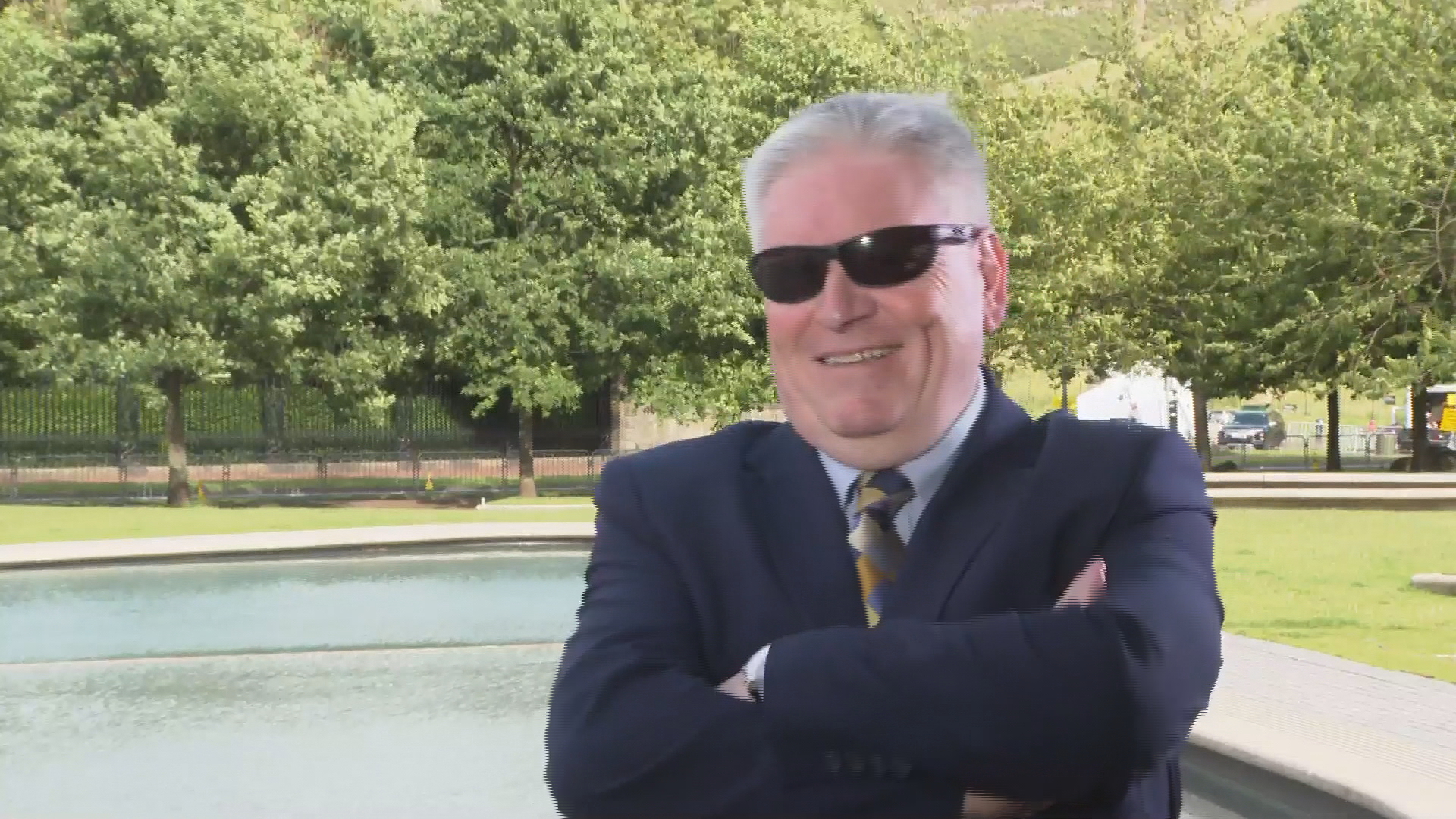 STV News
STV NewsFollow STV News on WhatsApp
Scan the QR code on your mobile device for all the latest news from around the country


